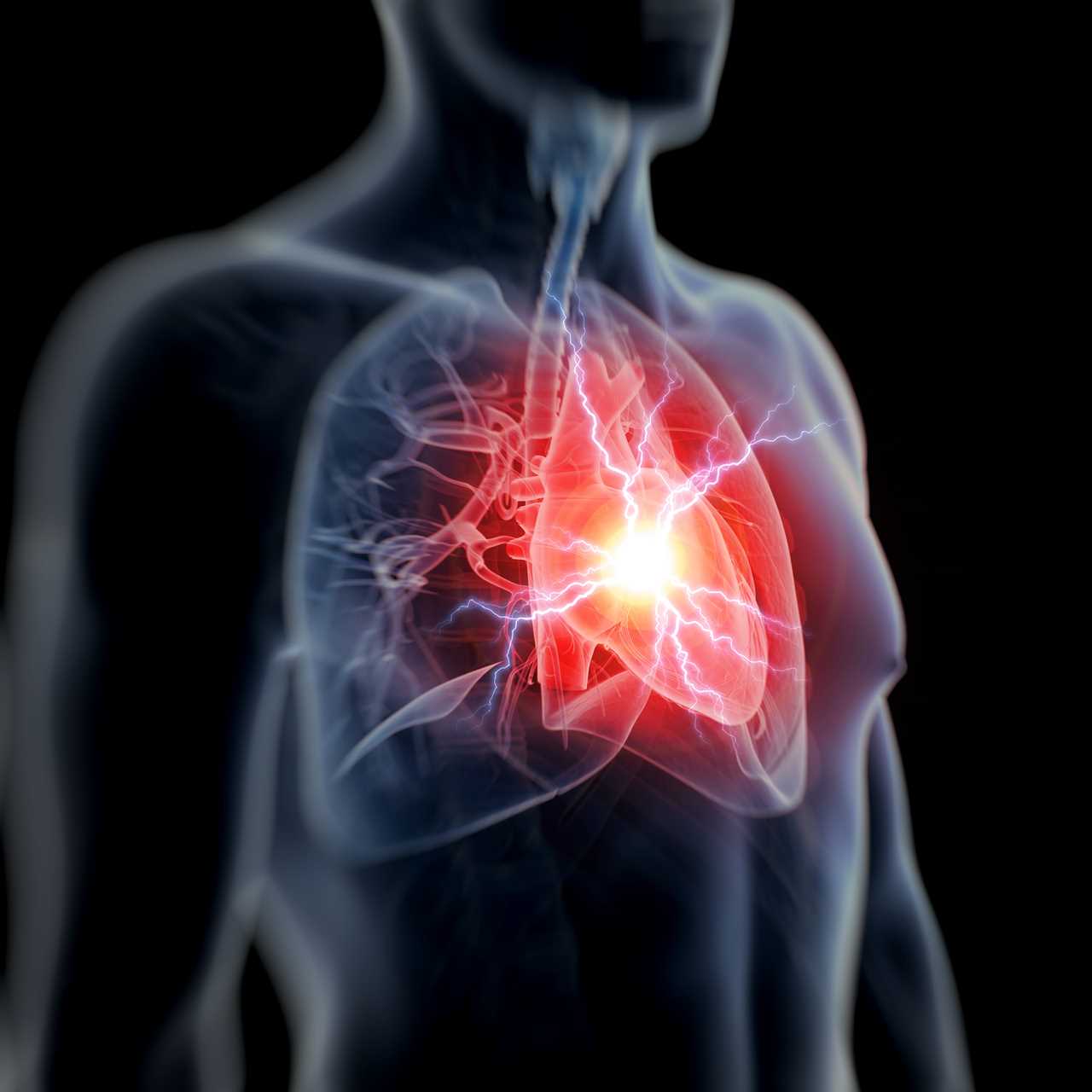ONCE your taste has returned, and you’ve stopped coughing, you’d be forgiven for thinking your Covid illness is over.
But scientists are warning it could get a whole lot worse.

People who have survived Covid are at risk of potentially fatal complications later on, when they are no longer acutely sick.
Scientists from Washington University of St Louis discovered this after following patients for at least a year after their bout of illness.
Researchers collected data from the U.S. Department of Veterans Affairs national health care databases, focusing on 153,000 people who overcame Covid, mostly men.
Compared to those who did not contract the virus, they were at an increased risk for cardiovascular disease.
The survivors suffered various heart problems that they may not have, had they never tested positive for Covid.
Some of the conditions, and how much more often they occurred compared to those who did not get Covid, were:
- Heart failure – 12 more cases per 100,000
- Irregular heartbeats (atrial fibrillation) – 11 more cases per 100,000
- Blood clotting – 10 more cases per 100,000
- Pulmonary embolism – five more cases per 100,000
- Coronary heart disease – five more cases per 100,000
- Strokes – four more cases per 100,000
- Heart attacks – three more cases per 100,000
The study warned killer problems were experienced even by those that had not been hospitalised.
However, the risks of later complications did increase the more severely unwell a person had been with Covid.
While those who did not need hospitalisation had twice the risk of a pulmonary embolism, those who were treated in the ICU were over 21 times more likely.
A pulmonary embolism is when a blood clot travels from a site in the body, such as the leg, to the lungs. It can be deadly.
The researchers wrote in their paper, published in Nature, these problems “were also evident in people without any [prior] cardiovascular disease”.
Heart problems may be another manifestation of long Covid, a condition whereby symptoms of the virus persist for months, sometimes years.
Given the study was conducted before Covid jabs were made available, it’s not clear if these findings still apply to vaccinated people now.
The paper said the picture could change due to Covid jabs and treatments – but also new variants of the disease – evolve.
But what is clear is that the risk of severe disease is significantly lower due to vaccines, which should drive down the burden of fatal complications such as these.
Two weeks after a booster Covid jab, a person over 50 years old has 95 per cent protection against death with Omicron, compared to 60 per cent six months after a second shot.
The signs
Three of the more common problems seen post-Covid were heart failure, an irregular heartbeat and blood clotting.
Knowing the signs of these could help you get treatment early.
Heart failure
The most common sign of heart failure is breathlessness, which can occur either after activity or at rest, the NHS says.
It may be worse when you’re lying down, and you may wake up at night needing to catch your breath.
You’re likely to feel tired most of the time, and have swollen ankles or legs due to a build-up of fluid.
Irregular heartbeat
There are many forms of an abnormal heart rhythm, called an arrhythmia.
Symptoms can include dizziness, shortness of breath, tiredness, feeling sick or weak.
You might be aware of your heart beating erratically, perhaps fluttering or feeling like it is pounding.
But often these conditions show no obvious signs.
Blood clot
A blood clot in the leg – the most common place – will cause throbbing or cramping pain, swelling, redness and warmth.
Your leg, or arm, will look different to the other.
A blood clot that has travelled to the chest causes sudden breathlessness, sharp pain, a cough or coughing up blood.






